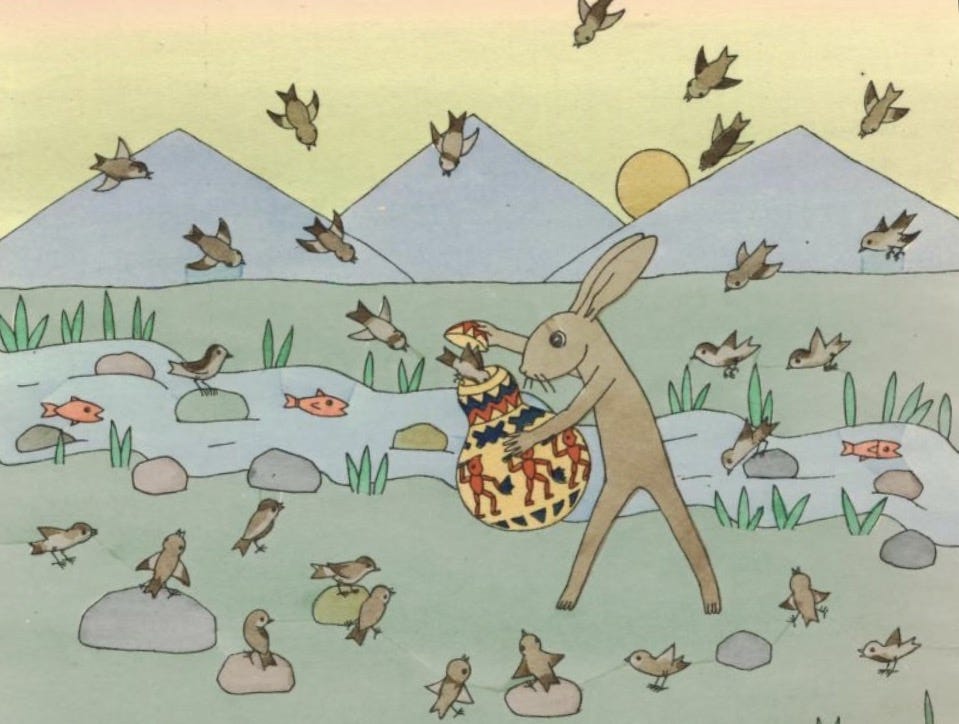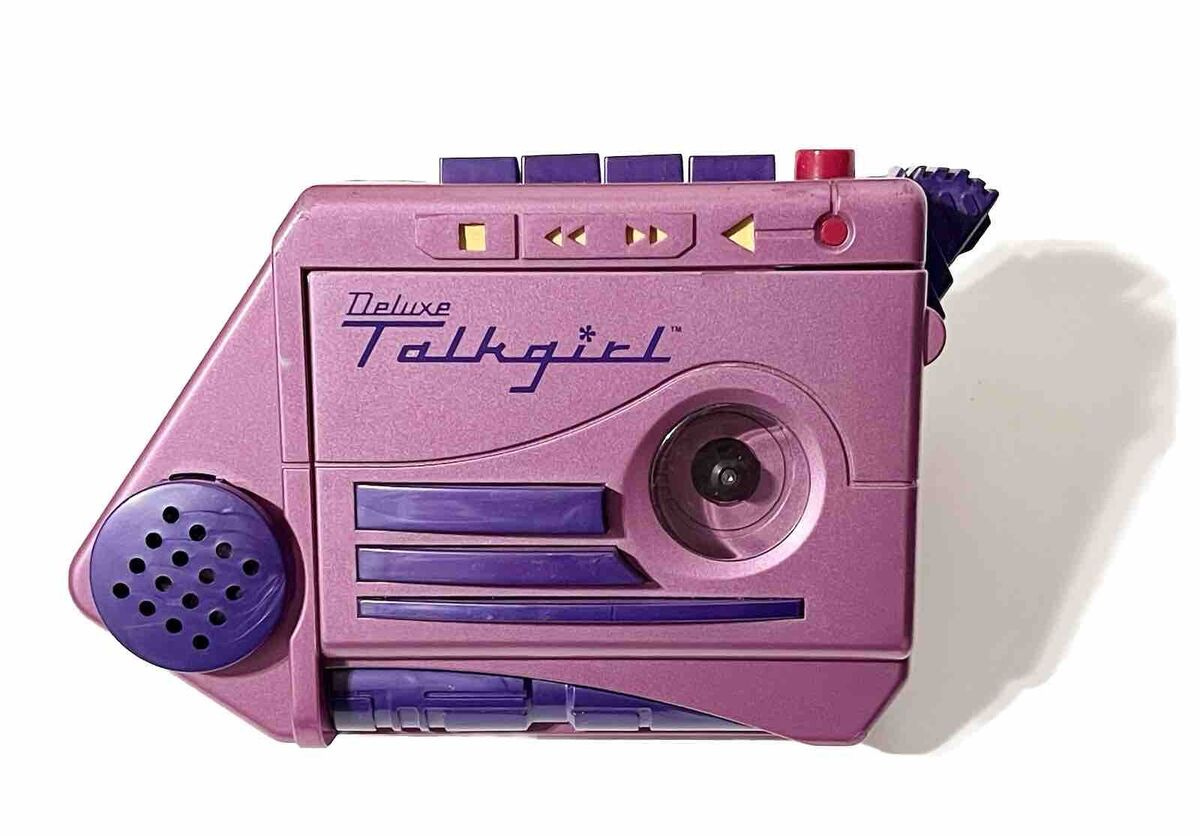The Dream Machine
on imagination, creative persistence, and what we’re building with our attention
My four-year-old fell asleep last night with a bowl beside his bed.
He was convinced that the candy he dreamed about would land in that bowl by morning, and that we’d be able to hand it out to the real-life trick-or-treaters.
I didn’t correct him. Instead, we went to the store and bought some real-life candy for the dream-candy bowl.
This morning, he walked down the stairs silently, bowl in hand.
He looked at me and said, “Mom, my dreams worked.”
Any piece of work (defined broadly) that you’re making, you likely see it in your mind, in your dreams, long before it ever becomes real.
This is true for much of life’s work: cooking, architecture, gardening, gift planning, choreography, quilt-making, songwriting, community organizing, sculpting, and even relationships.
I believe the more we attend to our dreams and treat them as real, the more likely they are to show up for us.
And I’m defining dreams widely: from the thoughts that drop in while you’re showering, to something you notice in the world that opens up a new idea, to the pictures that arrive in your mind at night.
Whether it’s during the day or the dark, if we allow our brain the space, it will dream. But we have to make room for that. It doesn’t happen when we overfeed it. Dreaming seems to awaken when the mind is hungry. It fills the void, rather than us scrambling to fill it. I don’t know how this works, but I know it’s been true in my experience.
I, too, had parents who fed my dreams with metaphorical candy. All those strange voices and characters I came up with that my mom helped me capture on VHS. All those notebooks filled with scribbles and stories they listened to me narrate from inside a cardboard box fashioned as a television. The Talkgirl they bought me, which I used to record their secret conversations (oh, how I wish I could find those tapes).
Now I feed my kids’ dreams, their ideas, the same way my parents fed mine. But I find myself wondering:
Were my parents’ dreams fed too?
And am I still feeding my adult dreams with the same care I give to my children’s?
Are you? If not, why?
Why do we so easily give up on that part of ourselves?
Is it because our dreams have let us down? I’ve been there - poured in the time, the attention, the work, and it just doesn’t pan out. Not always because of external factors (the usual suspects like no funding or no distribution), but sometimes because it just wasn’t that good. Or maybe it wasn’t time yet. What happens then? Do we lose hope and disconnect from our imagination?
Or is it because we come to believe that dreams are impractical, or a waste of time, or not profitable?
And while that may be true (dreams on their own won’t buy your groceries or pay your rent) even without external validation, the internal work of dreaming still feels essential.
Dreaming seems to me to be one of the most human ways we navigate the world.
It allows us to make something from nothing. And today, I think it’s more important than ever to reconnect with what it means to be human.
I worry that our modern world, increasingly shaped by algorithms that tell us what to care about, is dulling our ability to dream - to imagine what doesn’t yet exist.
A lot of people talk about the dangers of new technologies, but I don’t think it’s said enough that it’s also a profoundly boring way to go through life. I find much of it dull and lacking in variety, flattening us into sameness (same opinions, same experiences, same personalities). Sometimes it feels like there are more varieties of tomatoes than there are modern people.
And sadly, it’s not just about distraction, it’s also about control. It’s convenient, after all, for both corporations and governments to manage what we’re exposed to, what we purchase, what we fear, what we think about, even what we dream about.
I know that sounds dark. But I have to say, as someone who doesn’t use social media, I often find conversations about what friends and colleagues are absorbing through reels and updates to be deeply depressing. Not because I think we should bury our heads in the sand and pretend the world is simple. It’s not.
But I do think the internet, and social media in particular, has tricked many of us into believing that distant empathy and digital grief are forms of action.
They’re not.
Should you care? Absolutely. But care should lead somewhere.
It should move you to act, not just spiral.
Otherwise, we become hooked to machines that run on outrage, and we forget how to build anything real.
I recently read that AI isn’t like us humans because it’s only made entirely of what’s on the internet, and I agree that’s not real life. Not in the full-bodied, five-sense, deeply human way we experience emotion.
But let’s be honest: humans have spent the last two decades doing free labor for Meta and every other tech giant, uploading their most intimate moments (births, deaths, heartbreaks, confessions, dreams) for the machine to feed on.
So yes, AI is trained on what’s online. But how much of your life have you already put there?
It’s not enough to say that the difference between us and machines is feeling. Because we’ve given them plenty of our feelings too. Maybe not in full, but enough.
I do believe that AI will dream one day. There are already models that “want” autonomy or imagine new realities. But I want my kid to know his dream machine, the one inside him, is just as real as the world he wakes up to. And he needs to hold onto it. We all do.
Because the world being built around us is happening fast.
These words came out of me the other day, I’ll put them here as I have no other place for them:
What are we really making?
And what will it mean for the land beneath us,
to the people beside us?Will these machines speak for us,
or simply louder than us?Are we living in the beginning of something,
or the middle of something we didn’t notice starting?Will it all matter,
when memory is outsourced,
and decisions are made
before we’ve had the chance
to ask the right questions?And when we tell the story of this chapter -
this trillion-dollar boom
fueled by circuits and national security -
what will we say we believed in?What, if anything,
will we say
we understood?
Some days, I think the bowl beside the bed is just a bowl.
But other days, I think it’s the beginning of everything.




